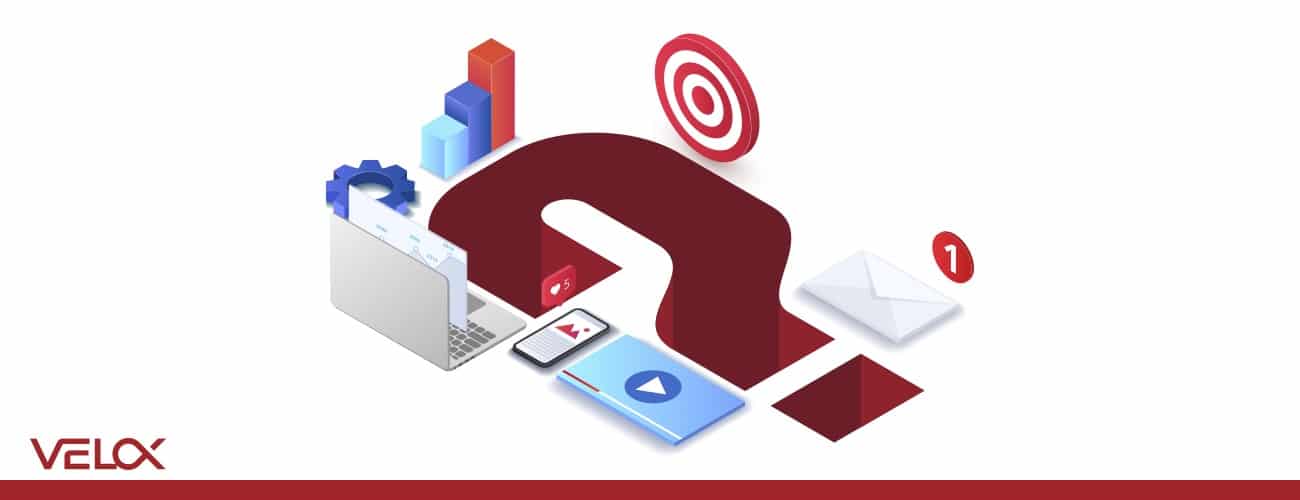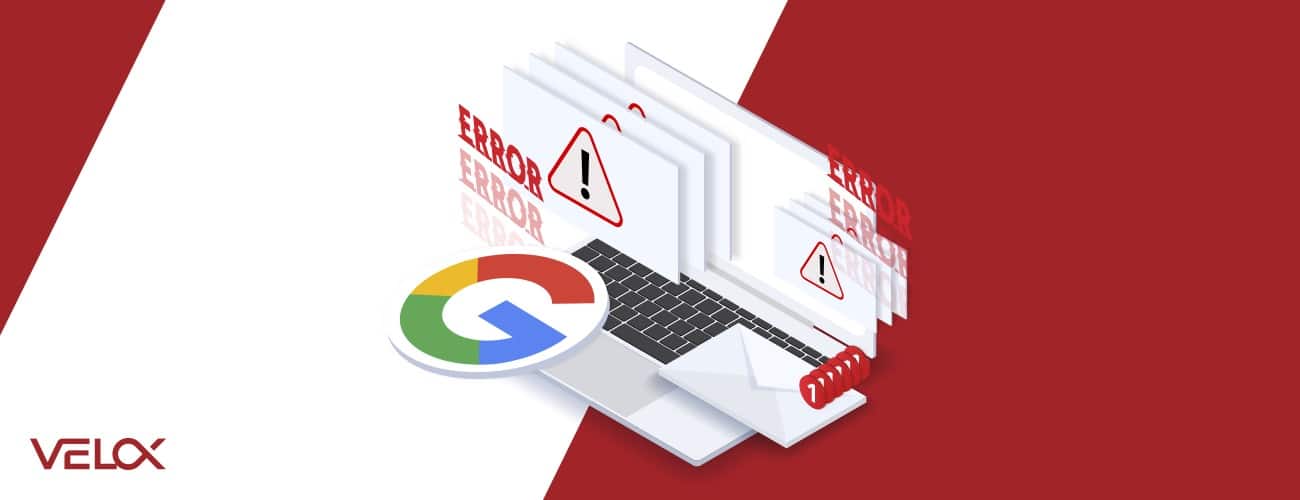
March 8, 2024
How Google’s March 2024 Core Update Will Impact Digital Marketers
In March, Google released its first core update of 2024. This rollout promises to bring significant changes and tangible site impacts compared to previous Google updates.
Naturally, digital marketers and SEOs want to understand how the March 2024 core update will impact their campaigns, websites, and revenue streams.
Here’s everything you need to know about Google’s latest update, the effects you should expect, and what you can do if your rankings take a hit.
Google’s March 2024 Core Update: Answering Key Questions

In its announcement, Google characterized this update as “…a more complex update than our usual core updates, involving changes to multiple core systems.”
That kind of language is sure to get the attention of SEOs and digital marketing teams throughout the industry.
But after a flurry of updates in 2023, what makes the first core update of 2024 unusually complex? Let’s have a look.
What Does the March 2024 Core Update Include?
Google’s goal is to deliver quality search results for every query.
However, businesses that rely on their websites to drive revenue want to rank at the top of valuable SERPs to capture top click-through rates, and gaming the system is common practice.
Like similar updates in the past, the March 2024 core update aims to address the latest tactics that push low-quality content up into search results.
Or, as Google’s Director of Product Management, Elizabeth Tucker, wrote in a blog post:
“We’re making algorithmic enhancements to our core ranking systems to ensure we surface the most helpful information on the web and reduce unoriginal content in search results.”
The March 2024 core update is actually comprised of several updates to multiple core systems, so it’s more complex than usual. It also “marks an evolution in how we identify the helpfulness of content,” Google said.
The biggest single change? Google’s helpful content system is now part of the core update system.
The takeaway: Helpful content has taken center stage when it comes to search rankings. If your business hasn’t at least begun exploring how to create and leverage helpful content on your priority pages, it’s well past time to do so.
How Will the March 2024 Core Update Rollout Affect My Website?
Since the March 2024 core update is more complex than usual, we should also expect it to create heightened instability.
“It’s likely there will be more fluctuations in rankings than with a regular core update, as different systems get fully updated and reinforce each other,” Google said in announcing the rollout.
Answer honestly:
- Was your site designed to satisfy search engines rather than people?
- Is your user experience subpar?
- Do your pages rank highly yet offer little value to searchers?
If you answered yes to any of these questions, you should expect adverse results as the March 2024 core update rolls out.
On the other hand, if you put users first by creating original, helpful content informed by Google’s E-E-A-T guidelines, you should be excited about this latest update.
Like it or not, Search is a battleground, with sites competing for the positions that drive CTRs, traffic, conversions, and other digital KPIs.
Make no mistake—Google has no intention of remaining neutral.
The search engine wants to reward sites that prioritize delivering useful, helpful content for searchers. If you want to rank higher, you should align your content with this goal.
How Long Will the Rollout Take?
Due to its complexity, the March 2024 core update rollout is expected to take up to a month. You can check the Google Search Status Dashboard for updates.
Originally launched in 2022, Google’s helpful content system has evolved considerably in the past two years.
In fact, Google no longer uses a single system to identify helpful content. Rather, the core ranking systems use a number of different signals and systems.
With that in mind, it should come as no surprise that this latest update will affect multiple core systems, hence the extended rollout period.
What Should I Do If My Page Rankings Decline?
There isn’t a single process or procedure digital marketers can follow to reclaim their rankings.
If your pages take a hit, the best thing to do is improve your understanding of what Google wants to rank highly, then take a hard look at your website.
Google is constantly working to reward pages that deliver the utmost value to searchers, especially pages that include helpful content and deliver an outstanding user experience.
Are Google’s systems and algorithms perfect? Certainly not.
And, despite Google’s guidance to create content for people instead of search engines, do we still have to craft content with crawlers and algorithms in mind?
Of course, we do.
But the March 2024 core update is a clear sign Google will continue working toward a people-first ecosystem.
It’s in your best interest to take the hint and play along. Otherwise, expect to repeat the process of scrambling to diagnose and rectify issues as your rankings fluctuate with each successive core update.
Remember, if your rankings drop in the wake of this update, it doesn’t necessarily mean there’s anything wrong with your pages—it could simply be that your competitors are producing better content, thus deserving a higher rank.
Consider performing a competitive analysis to gauge whether your priority pages could be enhanced to achieve higher rankings.
An Overview of Google’s New Spam Policies in March 2024

Along with the core update, Google also released three new spam policies and a spam update.
Spam can have a range of impacts, but these new spam policies “are designed to address practices that can negatively impact the quality of Google’s search results,” the company said.
If your site violates Google’s spam policies, your pages will rank far lower in search results if they show up at all.
The new policies center around three bad practices that have become more widespread: Scaled Content Abuse, Site Reputation Abuse, and Expired Domain Abuse.
Scaled Content Abuse
When someone creates a large number of pages to manipulate search rankings, it’s known as scaled content abuse. This type of content offers virtually no value to users, which is why Google doesn’t want to surface it in search results.
“Our new policy is meant to help people focus more clearly on the idea that producing content at scale is abusive if done for the purpose of manipulating search rankings and that this applies whether automation or humans are involved,” Google said in its announcement.
Google maintains there’s nothing inherently wrong with using generative AI tools to create content. However, using AI to create tons of low-quality content for the purpose of manipulating rankings qualifies as scaled content abuse.
Site Reputation Abuse
Does your site host third-party content? If so, you’ll want to be aware of what Google defines as site reputation abuse.
“Site reputation abuse is when third-party pages are published with little or no first-party oversight or involvement, where the purpose is to manipulate Search rankings by taking advantage of the first-party site’s ranking signals,” Google said in announcing its new spam policies.
“Such third-party pages include sponsored, advertising, partner, or other third-party pages that are typically independent of a host site’s main purpose or produced without close oversight or involvement of the host site, and provide little to no value to users,” the definition concludes.
Keep in mind that not all third-party content is a violation of this new spam policy. You don’t need to worry about your native advertising or advertorials.
The policy only applies to content “hosted without close oversight and which is intended to manipulate Search rankings,” Google says.
Expired Domain Abuse
There’s nothing wrong with using an old domain name for a new site that’s transparent, helpful, and designed to serve people first.
However, some people purchase expired domains and repurpose them to host low-quality content. These people hope their site will rank well based on nothing but the previous site owner’s reputation.
Because this type of spam is never accidental, it’s easy to avoid.
Future-Proof Your Website with VELOX Media
Success in digital marketing is predicated upon your ability to keep up with the rapidly evolving landscape, including Google’s March 2024 core update and new spam policies. At VELOX, our SEO, SEM, and PPC experts innovate and adapt to achieve sustained search engine dominance for clients.
When you partner with VELOX, we’ll create a tailored, ROI-focused campaign that drives targeted results to achieve your unique business objectives. We’ll also act as your business intelligence wing, helping you stay ahead of the curve so you’ll see each Google core update as a benefit, not a threat.
Contact VELOX today and discover how our digital marketing experts can help your business scale.